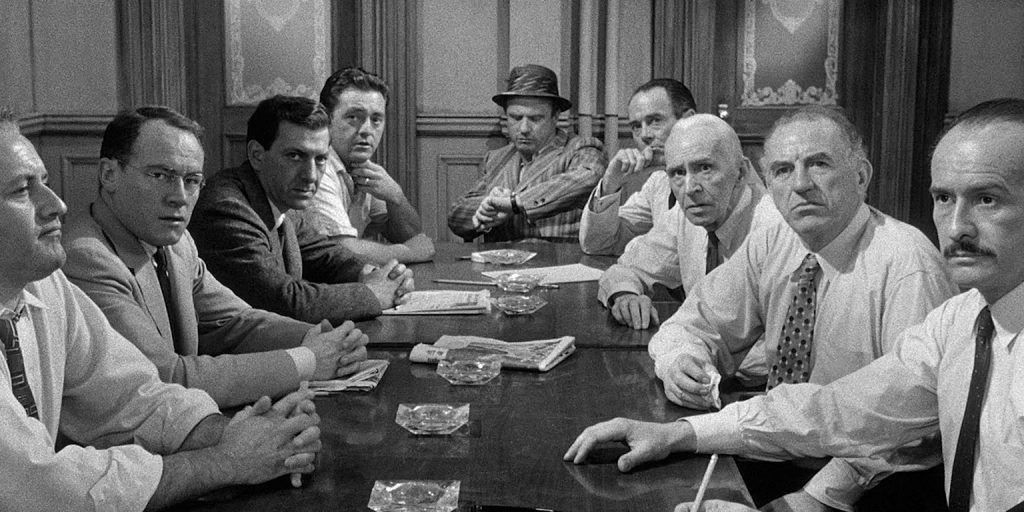Almost every manager dreams of being an ‘ideal’ manager and achieving job satisfaction. To become a great manager and an indispensable part of your organization, there are certain managerial competencies that you need to possess to be a successful manager and achieve organizational goals.
Managerial competencies are the skills, attitudes, habits, and motives needed to successfully manage people and drive organizational growth. They include the ability to carry out executive functions in an organization while avoiding crises and quickly resolving difficulties when they arise. These competencies enable the management to communicate effectively with their colleagues and subordinates, allowing the organization’s activities to flow smoothly.
This brings up the question: Which competencies do you need to master in order to be a great manager? Let’s find out!
Core Competencies
Core competencies identified behaviors that all employees should exhibit. They are characterized by a job’s role and responsibilities. The core competencies of a manager include:
1. Planning and Organizing
Planning and organizing are competencies that are essential for every manager to master! It is all about setting goals and deciding what actions need to be taken to achieve those goals – using the available resources. Managers are role models for their subordinates, and that’s why they need to learn how to organize and prioritize the work. Moreover, these managerial competencies can help managers (and their team) stay effective and efficient – both professionally and personally!
Example:
Remember the TV show ‘How to Get Away with Murder’?
In the show, Annalise Keating, a renowned criminal law attorney, and professor, gathers her team together and works on solving criminal cases. For every case, the team assembles and organizes shreds of evidence and then brainstorms solutions.

2. Communication
This is probably the most critical skill that managers need to have! Every manager should be able to communicate their opinion, expectations, and needs to others. Any manager’s ability to communicate their own ‘vision’ to the team is critical. The team needs to know where you’re headed and how serious you are about following that path. Make sure that your subordinates understand what you’re trying to convey and that there are no misunderstandings.
Example:
Most of us have seen the movie ‘The Social Network’ – which shows how Facebook was built! In one of the scenes, Sean Parker is in a business meeting where he exudes excellent communication skills and leaves a memorable first impression on everyone present in the meeting.

3. Teamwork
We’ve all heard the saying – teamwork makes the dream work. As a manager, you need to make sure that you set each team member up for good performance – something that drives a company’s growth. Encourage cooperation, establishes successful teams, and solve challenges by cultivating a supportive and collaborative team attitude. Moreover, always consult your team before making decisions to make them feel valued and important.
Example:
In the movie ‘Avengers,’ if Tony Stark said ‘Hey guys, what if I build a super-advanced AI program to guard the world?” then the rest of the Avengers might have had the chance to talk it over, and things won’t have gone sideways, and Ultron won’t have turned out to be a bad guy.

4. Achieving results
Another essential and must-have competency for a manager. Managers should be able to set reasonable goals for both themselves and their team, ensures that resources are available, and assists their team in accomplishing their goals while making sure that they are not spoon-feeding them.
Example:
Al Pacino’s fictitious NFL coach – a case study in effective leadership in and of himself – explains to his downtrodden squad in the memorable climax of the 1999 film Any Given Sunday that, while he may train them strategies and organize them on the field, it is ultimately up to them to get the job done.

5. Conflict resolution amid valuing diversity
Workplace conflict is an unavoidable reality. It is critical to handle this conflict since unresolved disagreement can have a negative impact on interpersonal and group relationships. Every team member has their own set of beliefs, experiences, cultural backgrounds, and objectives. Managers must be able to handle conflict and achieve win-win outcomes for all parties involved. They should value each person’s unique talents and ideas and use them to achieve common goals. This may be accomplished by recognizing the root of conflict and working with both sides to address concerns via negotiation and collaboration.
Example:
In the movie ‘Saving Private Ryan,’ captain Miller and his team go on searching for the paratrooper Ryan, where they are often in conflict situations. They faced quite a few bumps on the road, but they never gave up. The troop kept on searching for Ryan and eventually ended up finding him and resolving the issue!

Functional Competencies
The obligations and responsibilities assumed by employees for a particular job are known as functional competencies. The functional competencies of a manager include:
1. Leading & Supervising
As a manager, you should be able to recognize your team’s strengths and weaknesses and leverage their skillset in the best possible manner. It is important to serve as a role model for your team when guiding and overseeing them. This way, you will be able to bring accountability to your teams and foster a dynamic working environment within your team.
Example:
Ned Stark from Game of Thrones is the perfect example of great leadership! He possessed knowledge, wisdom, and gravitas – three qualities of a great leader. He never made others do something that he won’t do himself and always guided his soldiers toward the right path.

2. Analytical Thinking
Another functional competency on our list is analytic thinking, which is the ability to solve problems from multiple angles. A manager should be able to analyze and organize data, study patterns, and then make appropriate decisions based on the findings. This enables the manager to successfully anticipate challenges that their department or the company as a whole could encounter.
Example:
In the movie Moneyball, Billy Beane, the manager of a broke Athletics baseball team, uses previously-ignored player statistics, buys up players that no one else wants, and wins the league. That’s the power of analytical thinking!

3. Decision Making
Every manager needs to make numerous decisions, knowingly and unknowingly. The right choices can lead to the growth of the organization, whereas the wrong decisions can lead to failure and poor performance! This is why it’s essential for every manager to have great decision-making skills since it frequently determines their effectiveness in accomplishing corporate goals.
Example:
The consequences of poor decision-making can be horrendous, and the movie Man of Steel (2013) proves just that. If Clark had just run to his dad and acted like they survived the tornado inside the truck, they won’t have died!

4. Persuasion
Persuasion is the skill of influencing other people’s thoughts and opinions through solid arguments and facts. Managers should be able to facilitate conversations and takes a variety of interests, alternatives, and possibilities into account. As a manager, your success hinges on your persuasion skills and getting your team to agree with your plans and take actions that you want them to take.
Example:
To understand “persuasion” in detail, watch the movie ‘12 Angry Men’. The entire film is about persuasive speeches and carefully measured and well-considered arguments!

5. Emotional intelligence
Being a manager, it is important to be aware of and manage the emotions of yourself and your team members. Managers with high emotional intelligence may develop closer relationships with their team and understand them better, which leads to them being more effective and motivated at work while also making sure that vital decisions are not swayed by just emotions.
Example:
A classic example of being emotionally aware can be seen in the iconic series “Money Heist.”
The Professor was close to every one of his team members, but he was certain that their emotional attachments during their mission had no bearing on his judgments.

Conclusion:
While different positions and organizations necessitate the use of distinct skill sets, managerial competencies enable a professional to stand out and flourish at every level in the organization. Now that you know what competencies are required to be a successful manager, the next step is to develop them.
Try out EasySIM, our unique competency-mapped scenario-driven training and assessment platform that will help you develop and build these competencies effectively and quickly so that you can play a crucial role in achieving organizational mission and vision.
Read more: Why is competency mapping proving to be a gamechanger for businesses?






























